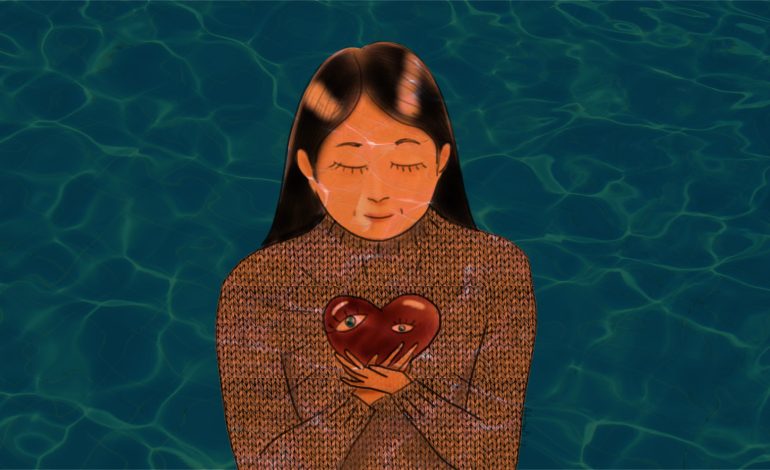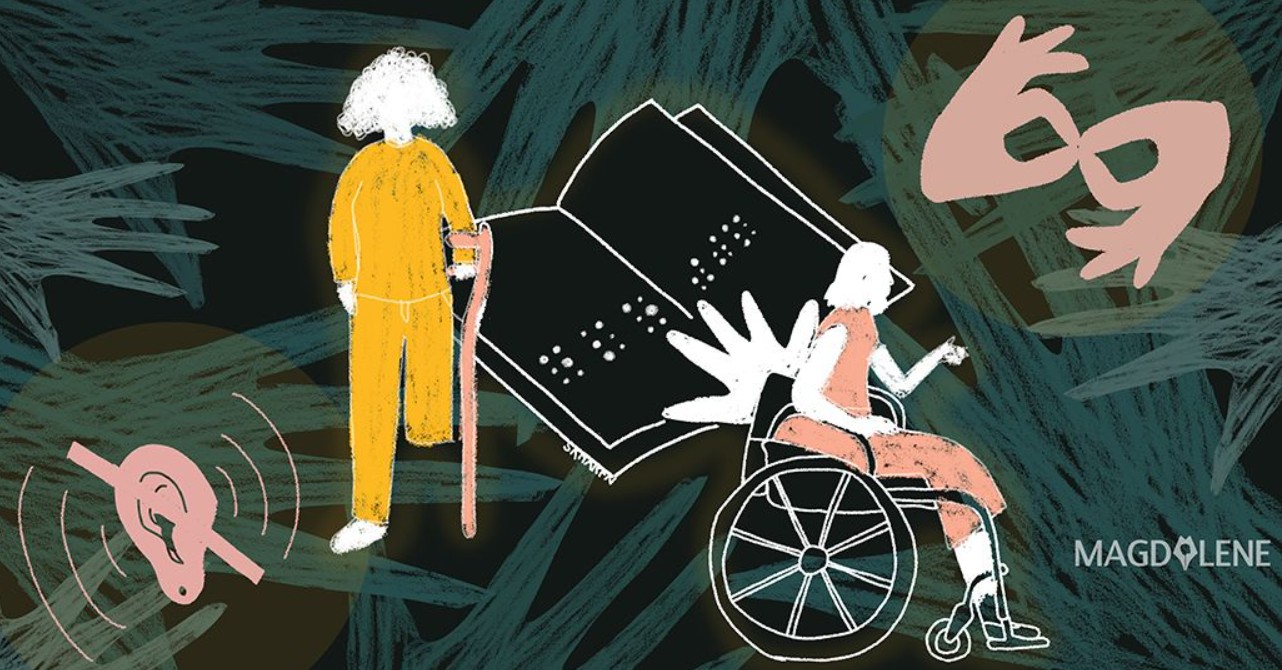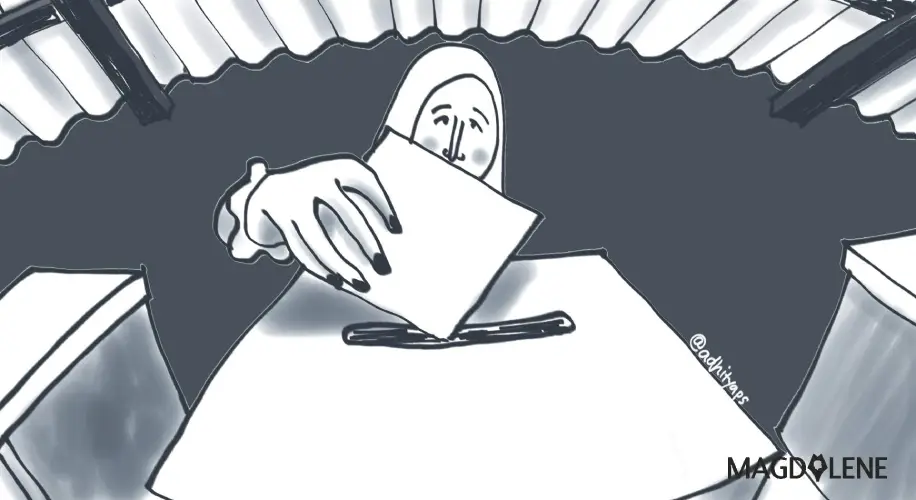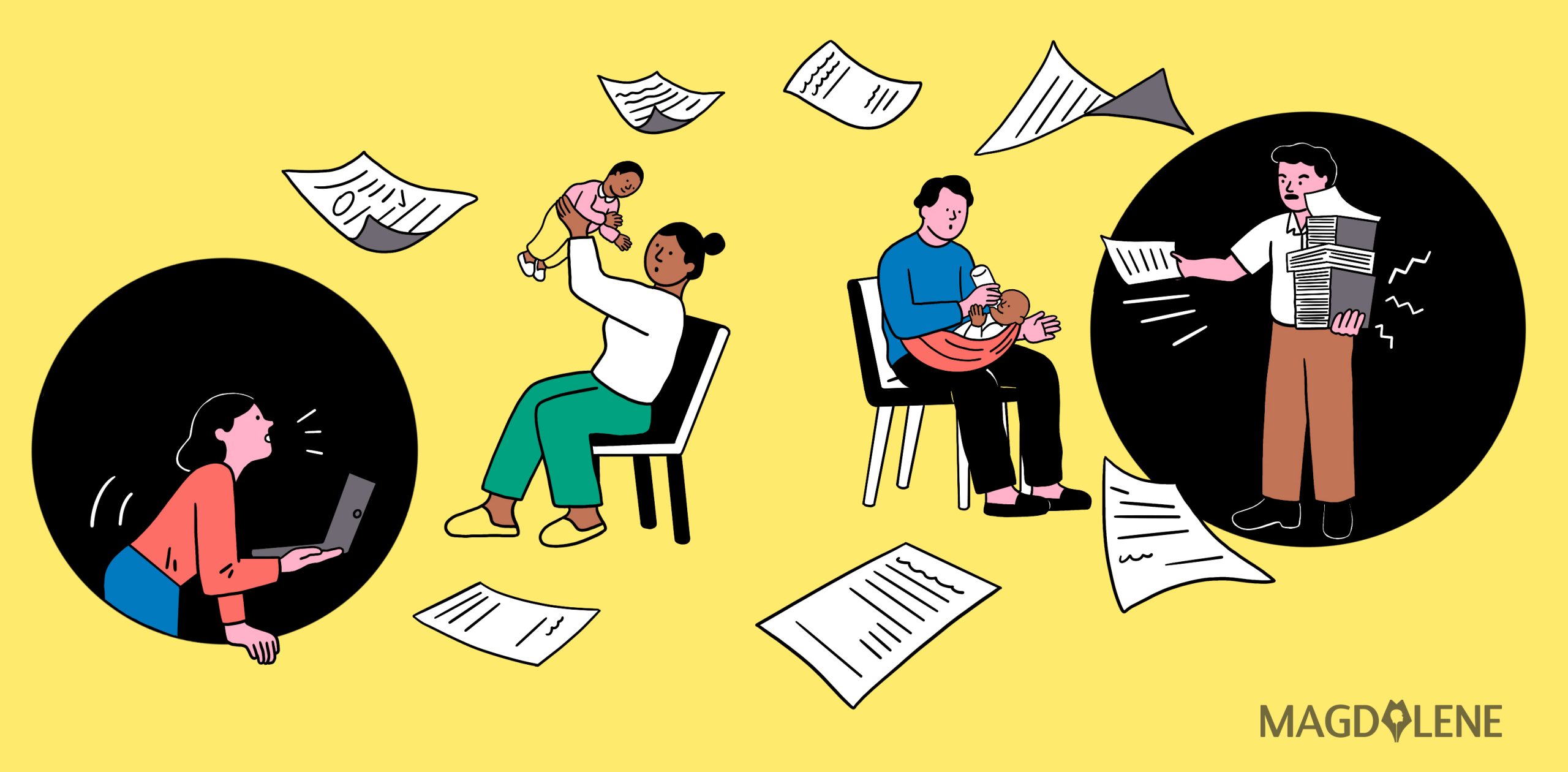The Magic of Saying Sorry
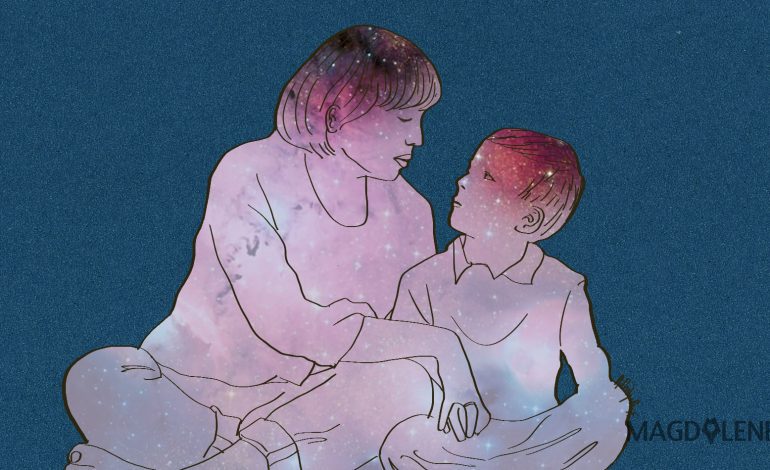
On Eid al-Fitr, we apologize en masse. This tradition is often just lip service, an empty ritual, and can even be said to be a kind of “commodification.” Actually a sincere apology from the heart can be transformative, can restore self-worth, and can be healing and even life-changing.
If we come from a family in which we were brought up properly, we would have been taught to apologize when we hurt others, but when we grow up, why is it so difficult to apologize even when we are clearly at fault?
If we accidentally step on the foot of a stranger, we will reflexively say “Sorry!” No problem right?
But with close friends or family members, why is it sometimes so difficult to do so? This also applies to public agencies, such as hospitals who have committed malpractice, companies that sell products found to be defective or dangerous, or state institutions that violate human rights.
What I will discuss here is limited to the personal realm, as institutional apologies are a different matter, even though there are similarities between the two.
“Love means never having to say you’re sorry.” This is according to the character Jenny (played by Ali McGraw) in the famous 1970 film Love Story to her husband Oliver (Ryan O’Neal) when she was dying of leukemia. Wow, that’s a dangerous assumption, just because you are loved, you feel you don’t need to apologize, because you are sure you will be tolerated and automatically forgiven? Talk about taking those we love for granted! Woe to us if we use that rationale, it will definitely result in our losing friends, not to mention damaging relationships with family members, or at least made them uncomfortable.
But it often happens. I know of a man who for years used his mother as an outlet for channeling his frustrations and stress due to various pressures in life. He tended to be harsh to her, sometimes even demeaning, or alternatively, neglecting her. Certain of his mother’s love, he simply assumed that she would always understand, forgive and accept him. In fact this was true. Due to her love for her son, and to avoid conflict, for 20 years, the mother just swallowed her son’s maltreatment. This did not mean that she wasn’t deeply saddened, hurt and worried for him.
Also read: How Being Raised by a Single Mother Has Shaped Me
As he grew older, the son gradually realized that he had wronged his mother, but didn’t have the guts to apologize. Besides, his fragile ego stood in the way. He wasn’t aware of it, but he is depositing negative currency into his bad karma bank. What goes around comes around after all.
There is also a well-known mind-body connection and by not apologizing, he is accumulating negative energy, toxins that can become heart disease, stroke or cancer. Horrific right? If he could muster the courage to apologize to his mother, it would give him an extraordinary catharsis and relief, like the bursting of a large puss-filled boil. Initially it will be painful, not to mention shamefully embarrassing, but it’s the only way both he and the relationship can be healed.
There are also those who apologize due to social pressure. “Yeah, I’m sorry if you’re offended and demand that I apologize.” Hey, where’s the sincerity in that? A perfunctory apology doesn’t count!
A sincere apology must be clear and specific, also with offers to compensate for any damage done. For example, if an object was broken, then it should be replaced. If a person has raped a woman and made her pregnant, or caused an innocent person to die due to his reckless driving, well, that is way more difficult to compensate. But being deeply regretful, apologizing sincerely and promising not to repeat the mistake, will help mend the hurt.
There can also be cases like this. Someone, say A, wronged B. Despite A apologizing profusely, B still reacts with excessive anger, probably because there was something else that made him stressed. Surely we’ve been in this situation, right? If basically B is an emotional person, prone to anger, and has a tendency to be self-righteous, overacting is more likely anyway. In this situation, the fault goes to B, and B is the one who has to apologize to A.
Also read: Breathing Through Grief: What I Learned from Losing My Mother
“I didn’t do it on purpose!” Sometimes this is also an excuse someone uses to avoid apologizing.
Saying sorry is difficult because it requires not only humility, but also courage, self-confidence and self-awareness. Apologizing is not always easy, but it’s really worth it! In addition to improving relationships, it can restore dignity and self-worth, both to the giver and receiver.
Our ability to admit being wrong is a mirror of our character. Someone who is strong and has self-confidence can apologize more easily than someone who is insecure or has an inferiority complex. Sources of insecurity and lack of confidence can arise from the family past, socio-economic background, or due to fear, or anxiety triggered by certain conditions. But how can we develop ourselves if we are stuck in the past?
An apology is not necessarily a request for forgiveness, but rather an opportunity to open up a dialogue, and to give the apologizer a chance to take responsibility. If mistakes were made in the past, sometimes people think, “let sleeping dogs lie.” But pain from the past don’t just evaporate. They can be a thorn in the flesh that will fester and become “gangrenous”.
Everyone makes mistakes, but not everyone apologizes. Indeed, as Elton John said, “Sorry seems to be the hardest word.” But if more people can sincerely apologize, the world will be more peaceful, society can be fairer, interpersonal relations and maybe even international ones could become better, and everyone can be healthier, physically and mentally.
So from now on, don’t hesitate to apologize – you will be amazed by “the magic of forgiveness.”

